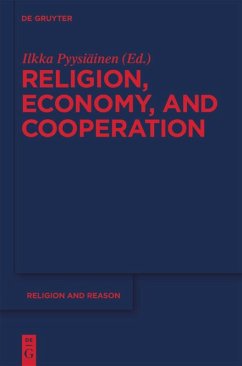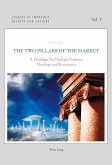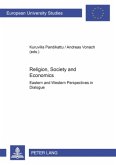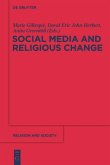Why give money to beggars? Why make sacrifices to help others? The current volume targets such questions with the tools of neoclassical and behavioural economics, philosophy, and sociology of religion. Both religion and economics are analyzed as social institutions that support human intra-group cooperation. Even if individuals are rational maximizers of personal utility, they yet must take into account the reciprocal nature of human relationships. It is better to be part of a cooperative group and make some personal sacrifices because, in the end, everybody benefits from this. Sometimes the metaphor of an invisible hand is used to describe the fact that economic exchange seems to follow some rules that guarantee the best possible result for everyone. In religion, it is of course the hand of God that guides the world. In both cases, individuals are in a way playing against a superior being that always seems to win. In this volume, some of the cognitive mechanisms and culturalselective forces behind this are examined by specialists in different fields of science. The first contributions analyze theoretical and methodological issues; in later chapters, developments in the European history are explored from the perspectives of sociology and economic theory.
The volume...offers a good balance among the ingredients of theory, research, and history, which is very important when the subject is as broad as religion and economy. Its applicability spans various fields, so there are chapters of interest to anyone from cognitive psychologists to philosophers and from sociologists to scholars of religion. In total, the volume encourages a more integrated and interdisciplinary approach to the study of religion. The overall impression of the volume is one of all-embracing creative scholarship.
Panagiotis Mitkidis, Numen 59, pgs. 413-415
Panagiotis Mitkidis, Numen 59, pgs. 413-415








